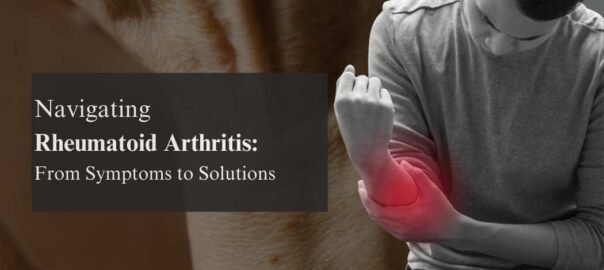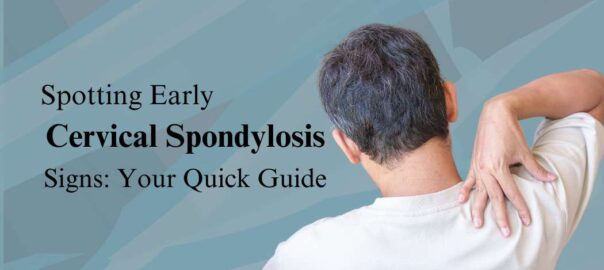
Genetics plays a pivotal role in shaping our orthopedic destiny, influencing everything from bone strength to joint health. Understanding the intricate interplay between our genetic makeup and orthopedic health is crucial for preventive care and informed decision-making. Let’s delve into the fascinating world where DNA meets dumbbells and explore how genetics molds our orthopedic well-being.
Exploring the Role of Genetics in Orthopedic Health
Orthopedic health encompasses the musculoskeletal system, comprising bones, joints, ligaments, tendons, and muscles. Genetics influences various aspects of this system, including bone density, joint structure, and susceptibility to orthopedic conditions.
Key Factors Influencing Orthopedic Health
Apart from genetics, lifestyle factors such as physical activity levels, nutrition, and environmental exposures also impact orthopedic health. Nonetheless, genetic predispositions often set the foundation for individual orthopedic characteristics and vulnerabilities.
Genetics and Bone Strength
The Impact of Genetics on Bone Density
Bone density, a critical determinant of bone strength, is significantly influenced by genetic factors. Moreover, certain gene variants regulate bone formation and remodeling processes, affecting overall bone density and resilience.
Genetic Predispositions to Bone Disorders
Inherited genetic mutations can predispose individuals to various bone disorders, including osteoporosis, osteogenesis imperfecta, and Paget’s disease. Understanding these genetic predispositions enables targeted interventions and preventive measures.
Nutritional Considerations for Genetic Bone Health
While genetics play a substantial role in bone health, nutritional factors also contribute significantly. Adequate intake of calcium, vitamin D, magnesium, and other micronutrients is essential for optimizing bone density and mitigating genetic risks.
Genetic Influences on Joint Health
Understanding Genetic Factors in Joint Conditions
Genetic variations influence the development and progression of common joint conditions such as osteoarthritis, rheumatoid arthritis, and gout. Identifying genetic markers associated with these conditions aids in early diagnosis and personalized treatment approaches.
Genetic Markers for Common Joint Issues
Recent advancements in genetic research have identified specific genetic markers linked to an increased risk of developing certain joint disorders. Genetic testing allows individuals to assess their susceptibility and take proactive measures to preserve joint health.
Lifestyle Adaptations for Genetic Joint Health
While genetics contribute to joint health outcomes, lifestyle modifications can modulate genetic influences. Regular exercise, weight management, and joint-friendly activities can alleviate symptoms and enhance overall joint function, especially in individuals with genetic predispositions.
The Future of Genetic Orthopedics
Emerging Technologies and Genetic Orthopedics
Advances in genetic sequencing technologies and bioinformatics hold promise for personalized approaches to orthopedic care. Genetic profiling combined with predictive analytics enables tailored interventions and precision medicine strategies.
Personalized Medicine in Orthopedics
The era of personalized medicine revolutionizes orthopedic treatment paradigms, offering individualized therapies based on genetic profiles, biomarkers, and patient-specific characteristics. Precision orthopedics aims to optimize outcomes and minimize adverse effects through tailored interventions.
Ethical Considerations and Challenges
Despite the potential benefits of genetic orthopedics, ethical dilemmas surrounding genetic testing, privacy concerns, and equitable access to advanced treatments persist. Ethical frameworks and regulatory safeguards are essential to navigate these complexities and ensure ethical practice in genetic orthopedics.
Conclusion
Understanding the intricate interplay between genetics and orthopedic health is paramount for promoting musculoskeletal well-being and mitigating the burden of orthopedic disorders. By embracing genetic knowledge and adopting proactive measures, individuals can optimize their orthopedic destiny and lead healthier, more active lives.
FAQ’s
Genetics influence various aspects of orthopedic health, including bone density, joint structure, and susceptibility to orthopedic conditions. Certain genetic variations can predispose individuals to bone disorders and joint issues.
Genetic predispositions can impact bone density by influencing bone formation and remodeling processes. Specific gene variants regulate these processes, affecting overall bone strength and resilience.
Yes, lifestyle modifications such as regular exercise, weight management, and joint-friendly activities can help mitigate genetic risks for joint disorders. Adopting a healthy lifestyle can improve joint function and reduce the likelihood of developing joint conditions.
Common genetic markers associated with joint conditions include variations in genes related to cartilage metabolism, inflammation, and joint structure. These genetic markers can increase the risk of developing conditions like osteoarthritis, rheumatoid arthritis, and gout.
Genetic testing can provide valuable insights into an individual’s genetic predispositions for orthopedic conditions. By identifying specific genetic markers, healthcare providers can tailor treatment plans and interventions to address individual needs more effectively.
Ethical considerations include issues related to genetic privacy, consent, and equitable access to genetic testing and advanced treatments. It’s essential to ensure that genetic information is used responsibly, respecting individuals’ autonomy and confidentiality while promoting fair and equitable healthcare practices.








